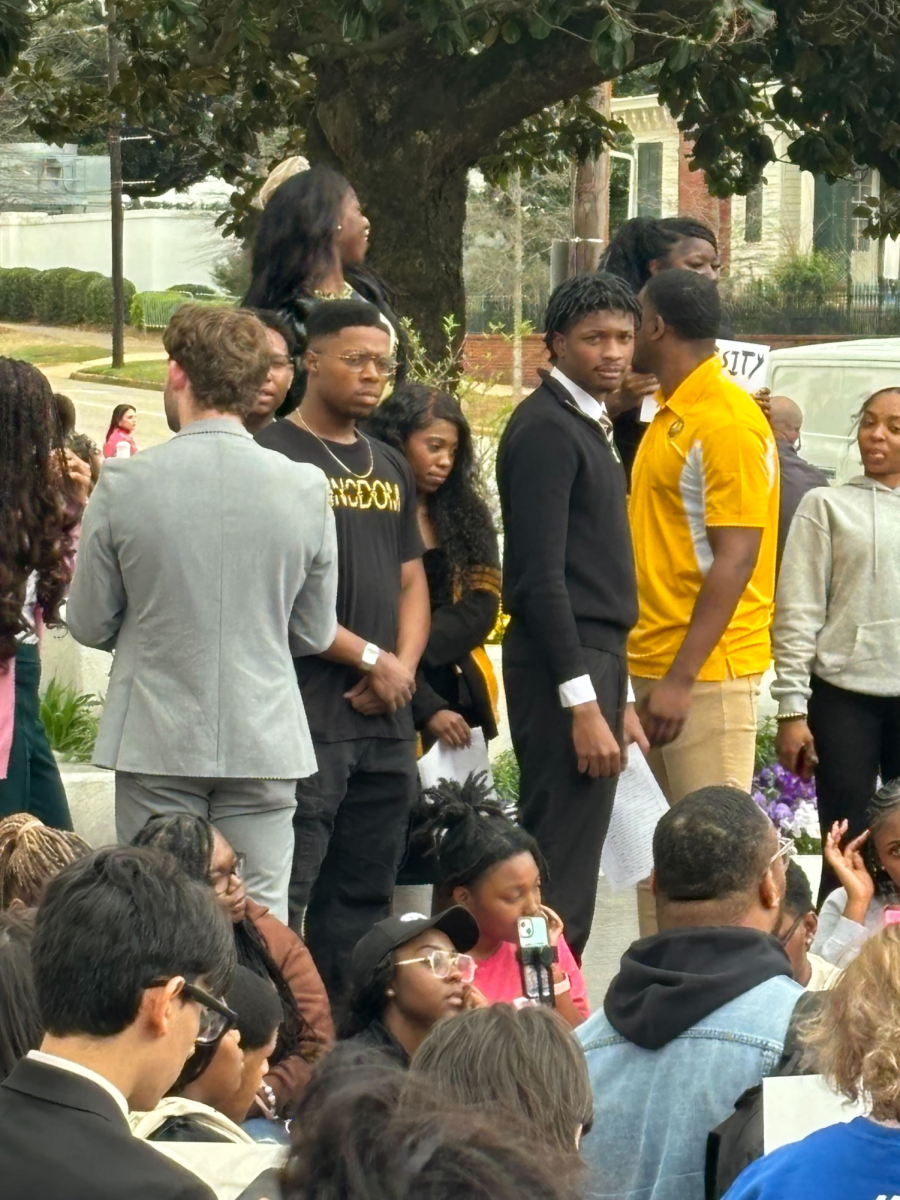The history of desegregation begins back in September 1963, a time when Windell Wilkie Gunn, an African American student, boldly shattered racial barriers as he stepped onto the hallowed grounds of the University of North Alabama.
Gunn’s remarkable journey wasn’t merely a historical event; it was an earthquake of change that rippled far beyond the university itself. Now, as campus marks the 60th anniversary of this momentous occasion, it is an opportunity to reflect on the enduring importance of that day.
The desegregation of Southern universities, including UNA, was nothing short of a quantum leap toward achieving educational equality and justice. Before this moment, African American students in the South were systematically denied access to quality education based on their skin color. Gunn’s enrollment emphatically declared that one’s potential and passion, not the color of their skin, should determine their educational path.
The desegregation of Southern universities sent shockwaves across the nation and was witnessed internationally. It forced people everywhere to confront the glaring racial disparities and deep-seated racism of the South. The stories of students like Windell Gunn transcended borders, becoming a source of inspiration for justice and equality movements worldwide.
Think of it as the opening act to the grand opera of the Civil Rights Movement. The sheer determination and resilience of individuals like Gunn served as a rallying cry for civil rights activists and organizations. It showed them that change was not just possible but inevitable, even in the face of unrelenting opposition.
Desegregation was not just about opening doors; it was about opening minds. The infusion of diverse voices from various backgrounds transformed the academic landscape. It created an atmosphere characterized by inclusivity, mutual respect and acceptance. Exposure to many perspectives enriched the educational journey for all students, and equipped them to thrive in an interconnected world.
Integration was like a spark that ignited a wildfire of empowerment. It granted African American students access to educational resources and opportunities they had been denied for far too long. This newfound empowerment enabled them to explore a broader spectrum of career paths and make profound contributions to their communities and the nation. Their success stories shattered stereotypes, proving that untapped potential could flourish when given the chance.
The significance of desegregating Southern universities transcends generations. It serves as a timeless reminder of the relentless pursuit of equality and justice. The actions of trailblazers like Windell Wilkie Gunn remain a constant source of inspiration for future generations. They remind us that determination, resilience and collective action are the driving forces that dismantle systems of injustice and discrimination.
Windell Wilkie Gunn’s enrollment at the University of North Alabama wasn’t just a pivotal moment; it was a revolution. It underscored that change is not a mere possibility but an unstoppable force when individuals and communities unite to challenge deeply rooted systems of inequality. The significance of this milestone extends far beyond the past, leaving a permanent mark on the path toward a more equitable and inclusive society.













